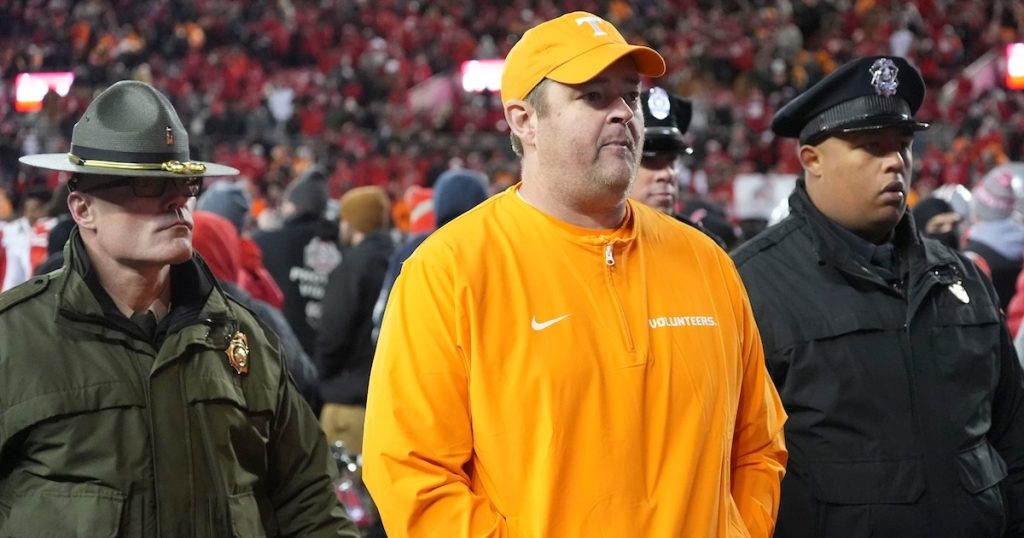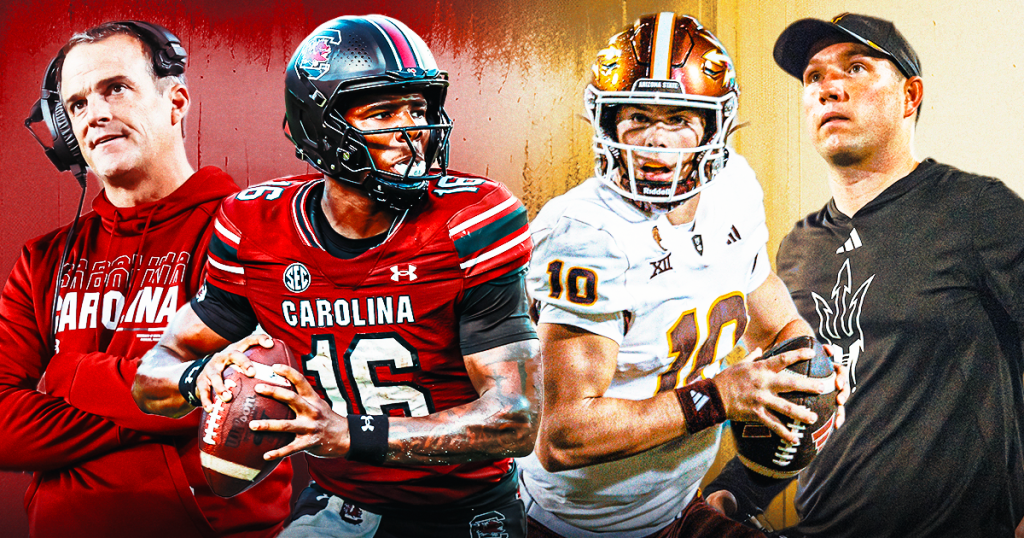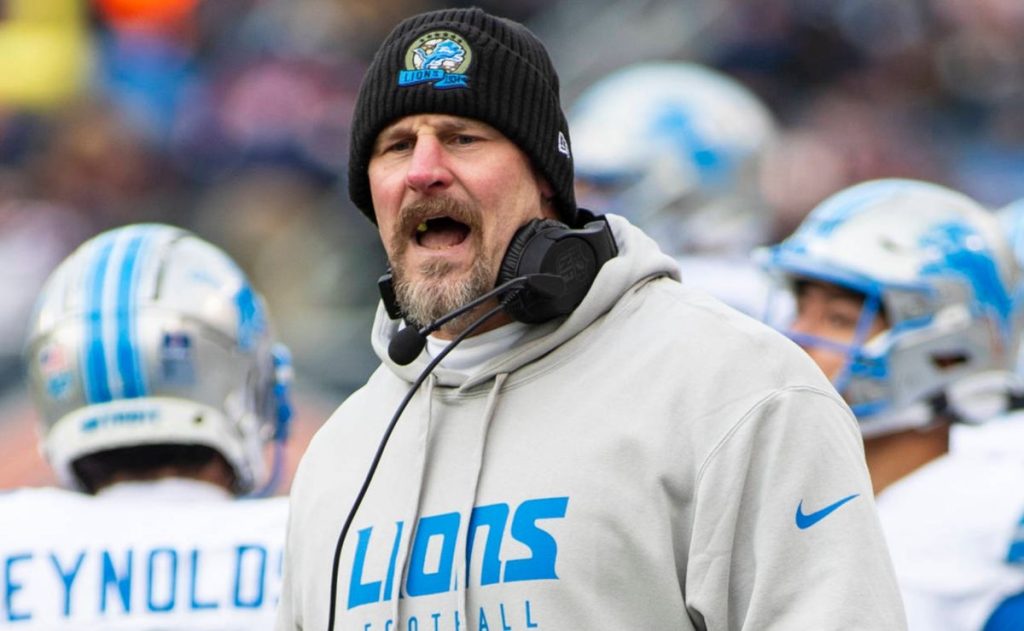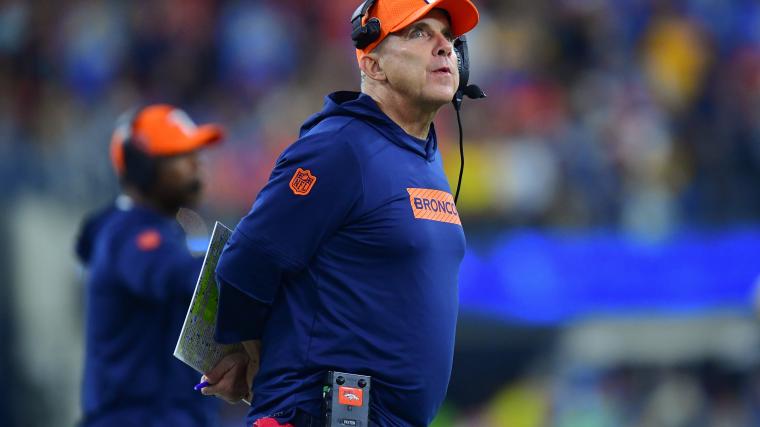It’s official — Bill Belichick, a Super Bowl-winning head coach with zero experience at the college level, is North Carolina’s next head football coach. The announcement has sent shockwaves through college football circles, leaving many to wonder about the wisdom of this unprecedented move.
Why did UNC hire Bill Belichick?
Great question! On the surface, UNC’s decision seems pretty clear-cut. Belichick is one of the most dominant NFL head coaches in recent years, building a dynasty with Tom Brady and the New England Patriots from 2001-2019. He has won six Super Bowls — the most of any head coach in NFL history — and has appeared in a record nine Super Bowls.
At the Patriots’ peak, Belichick was known as a defensive genius, turning late-round draft picks into household names, including Brady, Rob Gronkowski, and Julian Edelman. In short, Belichick won — and won big — at the highest level and demonstrated an uncanny ability to scout talent. Surely, that can translate to the college level, right?
However, as we dive deeper into this hire, several issues arise, leading many to question whether this gamble will pay off for UNC.
1. Lack of collegiate coaching experience
Belichick’s career began as an NFL assistant before he took his first head coaching job with the Cleveland Browns in 1991. He remained in the NFL until parting ways with the Patriots last offseason. It may sound obvious, but coaching in the NFL is not the same as coaching in college football. In college, you must be among the very best teams to even make the postseason.
In the past 20 years, UNC has posted just one double-digit win season, which came in 2015 under Larry Fedora. The Tar Heels have struggled to be consistent contenders in the ACC, and hiring a coach with no collegiate experience raises serious concerns. The last time UNC won an ACC title? 1980! With the league expanding and new competitors emerging, is a 72-year-old coach with no college experience really the right choice?
2. The demands of college football recruiting
Unlike the NFL, where there are defined seasons for drafts and trades, college football recruiting is a year-round endeavor. The landscape has changed dramatically in recent years, with NIL deals and the transfer portal becoming vital for attracting and retaining players.
Recruiting periods may have “quiet” times, but these are few and far between. Coaches are busy year-round, especially in December, when the Early Signing Period and transfer portal window coincide with bowl game preparations. The pressure is immense, and many veteran coaches have voiced their frustrations with the current recruiting landscape.
Is Belichick equipped to handle this relentless recruiting cycle? Moreover, is UNC ready to provide him with the necessary resources to compete with the sport’s elite programs? Before his hiring, the school had to revamp its NIL allocations, indicating a shift in strategy.
3. Belichick’s legacy may not resonate with young recruits
While Belichick can showcase his Super Bowl rings, his legacy may not resonate with today’s recruits. Consider this: when Belichick won his first Super Bowl in 2002, many current high school players weren’t even born. The majority of prospects today are more likely to idolize Patrick Mahomes and the Kansas City Chiefs, who have dominated the league in recent years.
Belichick’s last four seasons with the Patriots resulted in a combined record of 32-48, which doesn’t inspire confidence. Young players may not see him as the coaching legend that older generations do.
4. Alternatives to Belichick
UNC had several other options for head coaches, many of whom have impressive collegiate experience. For example, Jamey Chadwell led Coastal Carolina to a 60-26 record, including back-to-back 11-win seasons. Bob Chesney turned Holy Cross into a powerhouse with a 28-4 record over six seasons.
Jeff Monken and Fran Brown are also noteworthy candidates, with Monken leading Army to an 11-1 season and Brown achieving a 9-3 record in his first year at Syracuse. All of these coaches are under 60, while Belichick, who will turn 73 next April, will be the oldest head coach in the FBS.
Why hire a septuagenarian with no college coaching experience when there are younger, successful candidates available?
5. Comparing Belichick to Deion Sanders
Some have drawn parallels between Belichick’s hiring and Deion Sanders’ move to Colorado. While both have illustrious NFL backgrounds, Sanders had a successful college coaching stint at Jackson State, boasting a 27-6 record. He also had high-profile players like his son, Shedeur Sanders, and Heisman candidate Travis Hunter, who are projected first-round NFL Draft picks.
Belichick lacks this collegiate experience and the ability to attract top-tier talent. Plus, Sanders’ vibrant personality and ability to connect with recruits stand in stark contrast to Belichick’s more stoic demeanor. College football is about fun and engagement, and Belichick’s reputation doesn’t exactly scream excitement.
6. Are Belichick’s motivations genuine?
Belichick’s NFL tenure ended on a less-than-stellar note. After Tom Brady’s departure, the Patriots struggled, and Belichick’s draft success waned. He was passed over for multiple head coaching positions earlier this year, raising questions about his current standing in the football world.
Is this hire more about Belichick wanting to coach again than about UNC’s football program? The Tar Heels have struggled for decades, and entrusting their future to a 72-year-old coach with no collegiate experience feels like a desperate gamble.
This hire could work out, and if it does, I’ll be the first to admit I was wrong. But as it stands, it feels like UNC has taken a significant risk by hiring a coach looking for a second chance rather than a proven winner in college football. Good luck, Tar Heels. The road ahead may be rocky!





























